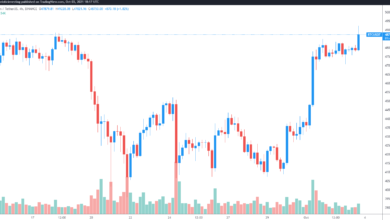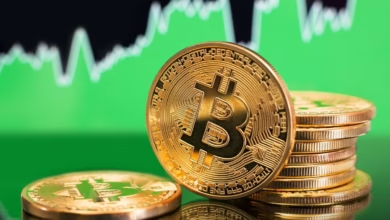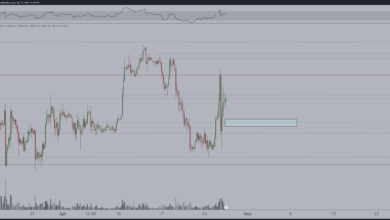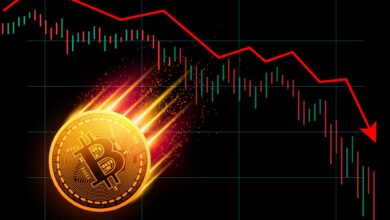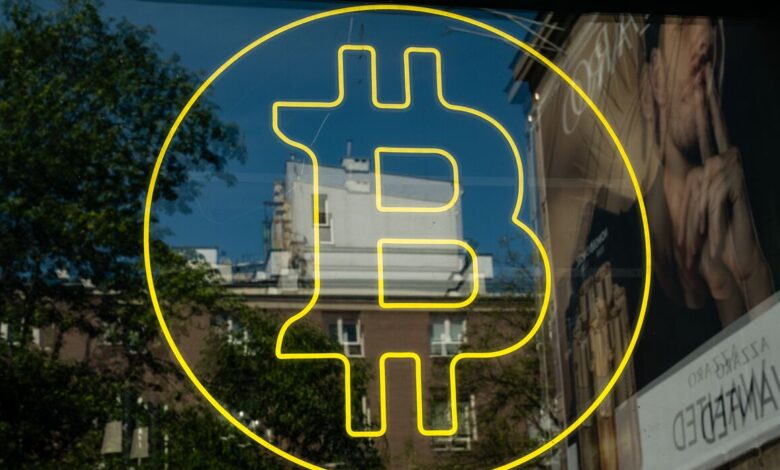
Bitcoin Surpasses $101,000: US Reserve & Global Adoption
Officially surpassing the $101,000 mark for the first time, Bitcoin Price marks a fresh phase for the cryptocurrency market. This milestone represents a more general, systematic integration of Bitcoin into national financial strategy, international markets, and corporate treasuries than it merely results from investor speculation. A historic US ruling allowing strategic Bitcoin reserves to be legally recognized and increasing global acceptance among governments and organizations helps to support the surge.
Strategic Bitcoin Reserve
Early 2025 saw the most innovative breakthrough when the U.S. government formally created a Strategic Bitcoin Reserve by executive order under President Donald Trump’s direction. This extraordinary action formally recognizes Bitcoin as a significant national asset, on par in importance with oil or gold. Previously taken by federal agencies, the Bitcoin reserve will be seeded with about 200,000 BTC.

Rising worries about fiat money inflation and geopolitical uncertainty have a direct bearing on this government policy change. The U.S. wants to create a financial hedge against systemic shocks by including Bitcoin among its strategic reserves.
Institutional Bitcoin Boom
The flood of institutional investment at the core of Bitcoin’s rise, Sovereign wealth funds and some of the most prominent financial institutions have started focusing on Bitcoin and associated ETFs. For example, the Wisconsin Investment Board has revealed ownership of BlackRock’s iShares Bitcoin Trust totaling more than $300 million. Comparatively, the Abu Dhabi Investment Authority has made roughly $460 million in Bitcoin ETF investments.
Financial behemoths like State Street and Citibank, which have declared intentions to provide bitcoin custody services, support this institutional involvement even more. These services seek to provide a controlled, safe infrastructure for holding and managing digital assets, address residual security issues, and open wider institutional access to crypto markets.
Corporate Bitcoin Adoption
Not only are governments and investment companies using Bitcoin, but publicly traded companies are also including it in their treasury plans. With around 444,000 BTC on its balance sheet as of May 2025, MicroStrategy is still the most remarkable example. The corporation keeps presenting Bitcoin as a defense against economic volatility and currency devaluation.
Inspired by MicroStrategy, more software corporations, fintech startups, and even manufacturing behemoths have started investing some of their corporate reserves into Bitcoin. This trend shows a change in corporate risk management practices, presenting Bitcoin as a contemporary store of value akin to gold.
Bitcoin Global Adoption
Governments worldwide are also hopping on the Bitcoin bandwagon outside of the US. First nation to accept Bitcoin as official currency, El Salvador has kept growing its reserves; today, it also includes Bhutan, Iran, and Venezuela. Exciting is Bhutan’s situation: supposedly, it has amassed over $750 million in Bitcoin, which accounts for a sizable fraction of its national GDP.
These actions indicate that Bitcoin is no longer seen as a novelty or a speculative asset. Instead, it is increasingly seen as a practical tool for national economic resilience and diversification, especially in nations with unstable fiat currencies or limited access to conventional financial markets.
Bitcoin’s Growth Prospects
Market experts are cautiously hopeful as the price of Bitcoin keeps rising. If present tendencies continue, many think Bitcoin might reach $150,000 to $200,000 by the end of 2025. Key drivers for ongoing development might be the next U.S. halving cycle, institutional inflows, and government further adoption.

Still, obstacles exist. Regulatory uncertainties might slow down momentum, especially in areas like the European Union and some parts of Asia. Furthermore, Bitcoin’s natural price volatility and dependence on an infrastructure currently under development suggest that abrupt corrections are always feasible.
Notwithstanding these worries, Bitcoin’s price volatility generally seems to be heading in a more positive direction. Supported strongly by institutional capital, forward-looking companies, and legislators, Bitcoin is quickly rising from a fringe financial experiment into a widely acknowledged asset class.
Final thoughts
The historic $101,000 threshold breach of Bitcoin marks a turning point in the world financial system, not only a price level. Strategic U.S. government support, institutional confidence, and worldwide acceptance form a basis for long-term expansion. Bitcoin is no longer only an alternative as the world starts to rethink money; it is a necessary component of the future financial order.
